Today most of us don’t know the name Marion Harris, but Grandma probably did when she was a teen-ager listening to that new-fangled radio in the parlor.
Songs that summed up the transition from the stodgy, gaudy Gilded Age to the brave new world of The Jazz Age were often the recordings of Marion Harris. Her tunes like “Jazz Baby” and “They Go Wild, Simply Wild, Over Me,” “A Good Man is Hard to Find” and “Take Me to the Land of Jazz” were a soundtrack of the changing times.
Her most enduring legacy? It was a 22-year-old Marion Harris who introduced the world to “After You’ve Gone,” 1919’s bestselling American tune, written by the African-American vaudeville duo of Turner Layton and Henry Creamer.
The pair wrote the song to bring some life to a failing road show called “So Long, Letty.” The road show continued to fail, but the song hooked audiences, taking off with a life of its own.
Their Hits
One of the most frequently recorded pre-1920s jazz standards, “After You’ve Gone” appeared on the Top 20 charts on at least nine different occasions between 1919 and 1937. Highlighting them all were the 1927 recordings by Sophie Tucker and by Bessie Smith.
And Layton and Creamer weren’t finished. Three years later, they penned another beloved early-jazz standard, “Way Down Yonder in New Orleans,” which they advertised as "A Southern Song, without A Mammy, A Mule, Or A Moon." (What a dandy dig at some of the Tin Pan Alley clichés of the era!)
One of that song’s earliest recordings was 1927’s signature rendition by Bix Beiderbecke and Frank Trumbauer.
The Turner Layton Odyssey
Turner Layton worked as a singer and dancer in vaudeville using original material. A Washington D.C. native, he received musical training from his father, a bass singer, music educator and hymn composer.
The young man attended Howard University Dental School, then moved to New York, where he met Henry Creamer, with whom he wrote several Broadway musicals, the most successful being something called “Strut Miss Lizzie” in 1922.
That same year, Layton left his partnership with Creamer to form a high-rolling cabaret act with Clarence “Tandy” Johnstone, performing in Harlem and at private parties for monied patrons like the Astor and Vanderbilt families. The pair followed their ritzy clientele from Newport in the summer to Palm Beach in the winter.
It was in Florida in 1924 that the two met Lord and Lady Mountbatton, who persuaded them to move to England, where Edward, Prince of Wales, became one of their fans. Layton and Johnstone sold more than 10 million records between 1924 and 1935. Layton stayed in England until his death in 1978.
Meanwhile, Marion….
Marion Harris also moved to England, and the Prince of Wales became one of her fans too, especially enjoying her sets at the Café de Paris.
But tragedy loomed. During World War II, the home she shared with her third husband was destroyed in 1944 by a German V1 rocket, a disaster that triggered in her a neurological disorder. Later that year while in New York to seek treatment, Harris died in a hotel room fire. She had fallen asleep while holding a lit cigarette. She was 48.
Meanwhile, the song that linked their lives lives on. It became so popular, in fact, that years after its composition, the sheet music for “After You’ve Gone” was decorated with tiny photographs of the 45 performers who made the song famous, everyone from Paul Whiteman and Rudy Valle to Guy Lombardo and Louis Armstrong.
Our Take on the Tune
This is a tune that our Flood brother Danny Cox brought to the mix.
In fact, with a chuckle, he said, “I can’t believe y’all weren’t already doing this one.”
True enough. “After You’ve Gone” was one that got away … until recently, when Danny corralled it and brought it to the table.

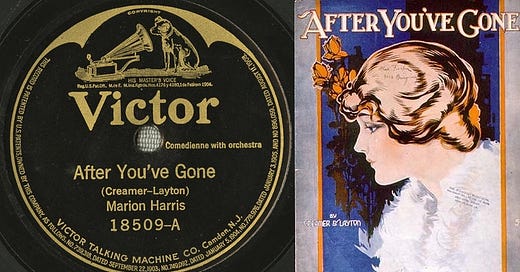



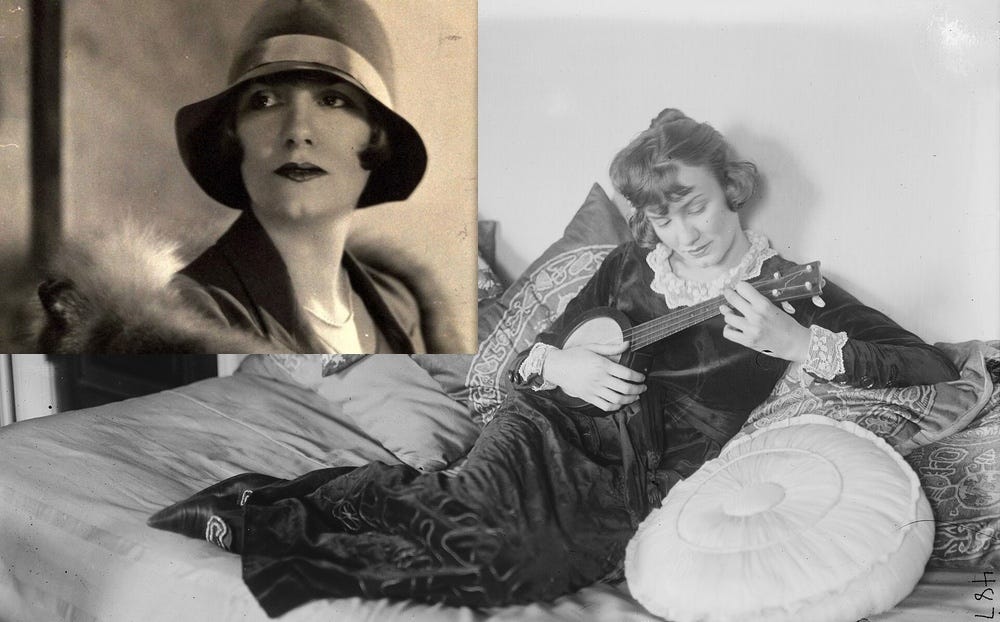
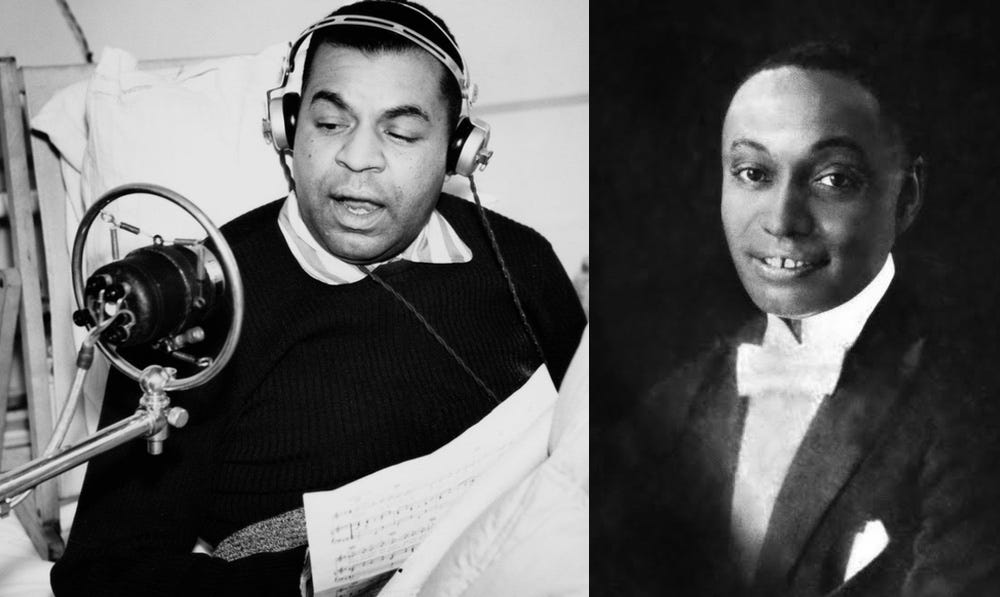
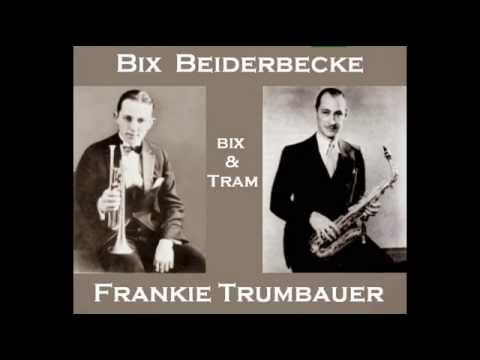


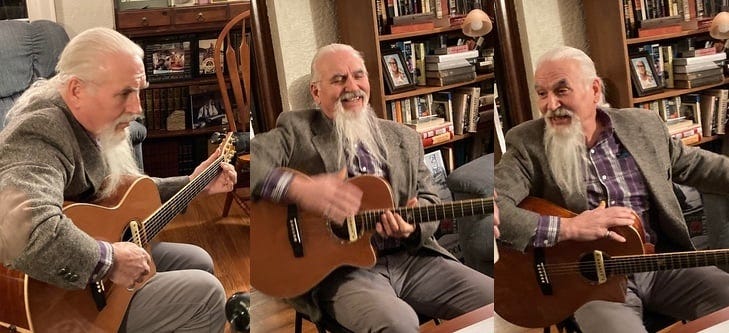







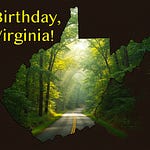
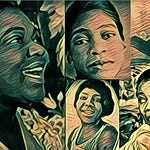
Share this post